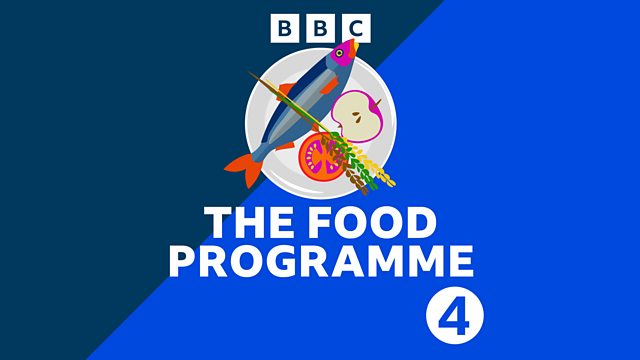Posh Nosh: Food's Class Dilemma
Sheila Dillon on what impact Britain's obsession with class has on how we eat now.
How much does what you choose to eat come from what social class you were born into, or identify with now? In this episode, Sheila Dillon takes on the often uncomfortable conversation about social class in the UK, British people's obsession with it, and what it's doing to our health via the way we choose to eat.
Sheila is joined at an east London pie and mash shop by the food historian Pen Vogler, whose book "Scoff: A History of Food and Class in Britain" charts the way these class markers were established and continue to be upheld. She explains how many foods have moved between classes, and why we pedestal imported foods, including fast foods from America.
After a 'posh' Afternoon Tea overlooking St Paul鈥檚 Cathedral, Sheila heads to the studio to understand more about the impact of these class markers. How has the food industry used these links to sell more food? and what鈥檚 being done to break these connections between food and social class?
Joining her are five guests whose life experiences help illuminate the topic, they are the food campaigner Kathleen Kerridge, TikTok chef Nathan Smith (Grubworks Kitchen), Masterchef judge and food writer William Sitwell, Anna Taylor from The Food Foundation and Dr Maxine Woolhouse, a senior lecturer in psychology at Leeds Beckett University specialising in food, class and gender.
So can we ever give these class markers up? Sheila's final visit is to a Community Garden in Hoxton, The Growing Kitchen, where everyone is welcome. Here she meets chairman Tony and member Carmel who share the secrets of their classless community of gardeners and cooks.
Presented by Sheila Dillon
Produced for 主播大秀 Audio in Bristol by Natalie Donovan
Last on
Broadcasts
- Fri 10 May 2024 11:00主播大秀 Radio 4
- Sat 11 May 2024 22:15主播大秀 Radio 4
Download this programme
Subscribe to this programme or download individual episodes.
Can comfort foods really make you feel better?
Yes they can, says Sheila Dillon.
Podcast
-
![]()
The Food Programme
Investigating every aspect of the food we eat


